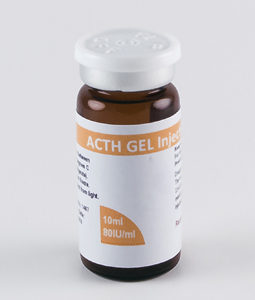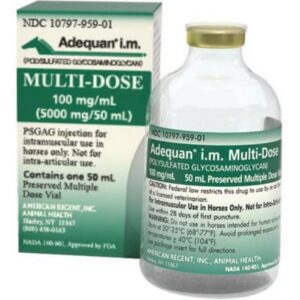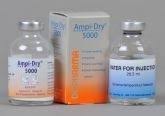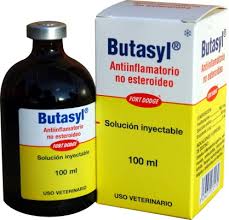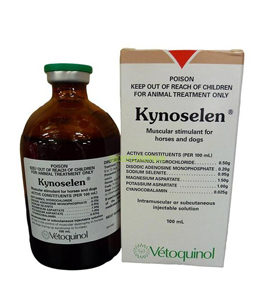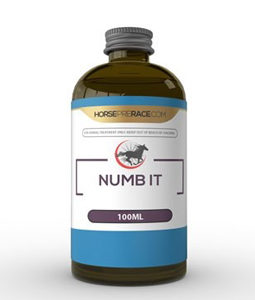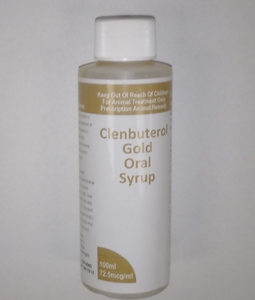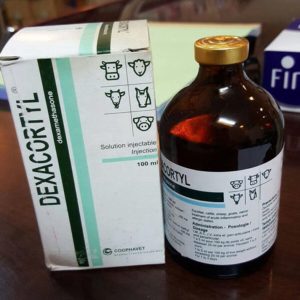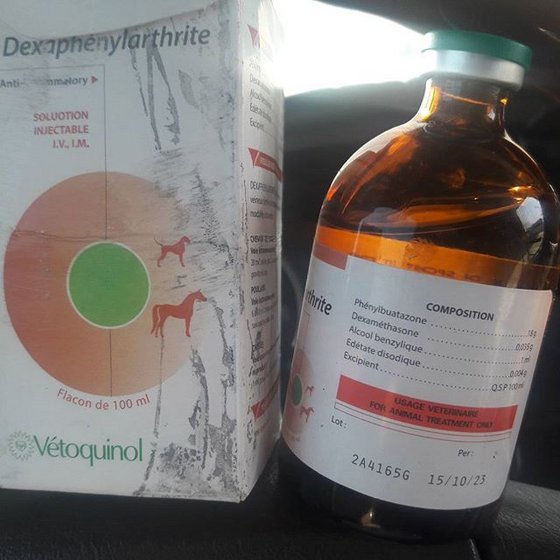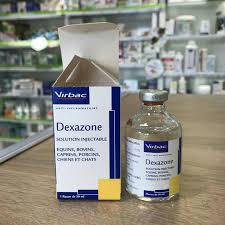Description
Clinical Information
Target species:
Equine, Camel, cattle, goats and pigs.
Indications for use, specifying the target species:
In horses, Camels, cattle, goats and pigs:
– Treatment of inflammatory, allergic or shock conditions.
In cattle and goats:
– Treatment of primary ketosis (acetoneemia, pregnancy toxemia).
– Induction of parturition.
In the equine, Camel:
– Treatment of osteoarticular inflammatory states.
Cons-indications
Don´t use in animals suffering from diabetes mellitus, hyperadrenocorticism, renal insufficiency and heart failure or suffering from peptic ulcers.
Don´t use in animals with infectious disease, unless appropriate anti-infectious therapy is administered at the same time.
Special warnings for each target species
In horses and Camels, dexamethasone should only be used at the beginning of the disease during laminitis.
See section “Use in the event of pregnancy, lactation or laying”.
Special precautions for use
I) Special precautions for use in animals
Administration of corticosteroids at the end of pregnancy may result in premature delivery or abortion in ruminants.
Except in the indications of acetonaemia and induction of parturition, the function of corticosteroids is to improve rather than cure. Therefore, it´s advisable to diagnose and treat the underlying disease. When used to treat shock, intravenous fluids should be administered to maintain circulation; An acid-base assessment must be carried out.
(II) Special precautions to be taken by the person administering the veterinary medicinal product to animals
In case of accidental self-injection, seek medical advice immediately and show the package leaflet.
Persons with known hypersensitivity to the active substance or to any of the excipients should avoid contact with the veterinary medicinal product.
Pregnant women should not handle this veterinary drug.
(III) Other precautions
Any.
Undesirable effects (frequency and severity)
In prolonged use, corticosteroids such as dexamethasone may cause iatrogenic hypercorticism, polyuropolydipsia (PUPD), immunosuppression, bulimia and redistribution of the body’s lipid reserves.
The use of corticosteroids in lactating cattle and goats may lead to a temporary decline in milk production.
Induction of parturition with corticosteroids may be associated with reduced progeny viability and increased incidence of placental retention.
Use in pregnancy, lactation or laying
Studies in laboratory animals have demonstrated embryotoxic effects.
The use of corticosteroids in pregnant females is not recommended except in ruminants to induce parturition during the last third of gestation.
Drug Interactions and Other Forms of Interaction
Because corticosteroids can reduce the immune response to vaccination, dexamethasone should not be administered at the same time as vaccines.
Concomitant use of non-steroidal anti-inflammatory drugs may increase the risk of ulceration of the gastrointestinal tract.
Dosage and route of administration
Intravenous, intramuscular, subcutaneous, intraarticular or periarticular routes.
Species Dose (mg dexamethasone / kg)
Equine, camel, cattle, goats, pigs 0.015 to 0.06 mg / kg (ie 1 to 4 ml / 100 kg)
The product can also be administered intra-articularly or peri-articularly. The recommended dosage is from 0.125 to 5 ml per animal depending on the weight of the animal.
Doses may be repeated as needed once 24-48 hours apart.
Induction of farrowing:
Cows: 20 mg of dexamethasone (13 ml)
Goats: 12 to 16 mg of dexamethasone (8 to 10 ml).
Overdose (symptoms, emergency management, antidotes), if necessary
High doses of corticosteroids may cause somnolence and lethargy in equines.
Waiting time
Meat and offal: 6 days.
Milk: 3 days.
Pharmacological Properties
Pharmacotherapeutic group: corticosteroids for systemic use, glucocorticoid.
ATC-vet code: QH02AB02.
5.1. Pharmacodynamic Properties
Dexamethasone is a potent synthetic glucocorticoid with low mineralocorticoid activity. Dexamethasone has ten to twenty times the anti-inflammatory activity of prednisolone at an equivalent molar dose. Corticosteroids may decrease the immune response. Indeed, they inhibit capillary dilation, leukocyte migration and phagocytosis. Glucocorticoids have an effect on metabolism by increasing gluconeogenesis. Dexamethasone induces parturition in ruminants if the fetus is alive.
Pharmacokinetic properties
After administration of the product intramuscularly, dexamethasone sodium phosphate is rapidly absorbed and hydrolysed to dexamethasone (base), giving a rapid and short-acting response. Tmax in cattle, goats, horses and swine is reached within 30 minutes after intramuscular administration. The T½ (half-life time) varies depending on the species between 5 and 20 hours. The bioavailability after intramuscular administration is approximately 100%.
Pharmaceutical Information
List of excipients
Phenol
Sodium citrate
Sodium Chloride
Water for injections
Major Incompatibilities
Not known.
The duration of the conversation
Shelf life of the veterinary medicinal product as packaged for sale: 3 years.
Shelf life after first opening of the primary packaging: 28 days.
Special precautions for storage
Any.
Nature and composition of primary packaging
Colored glass bottle type II
Chlorobutyl plug
“Flip off” aluminum and plastic capsule
Special precautions to be taken when disposing of unused veterinary medicinal products or waste derived from the use of such medicinal products
Empty packagings and any residues of product should be disposed of in accordance with current practices regulated by the waste regulations.
